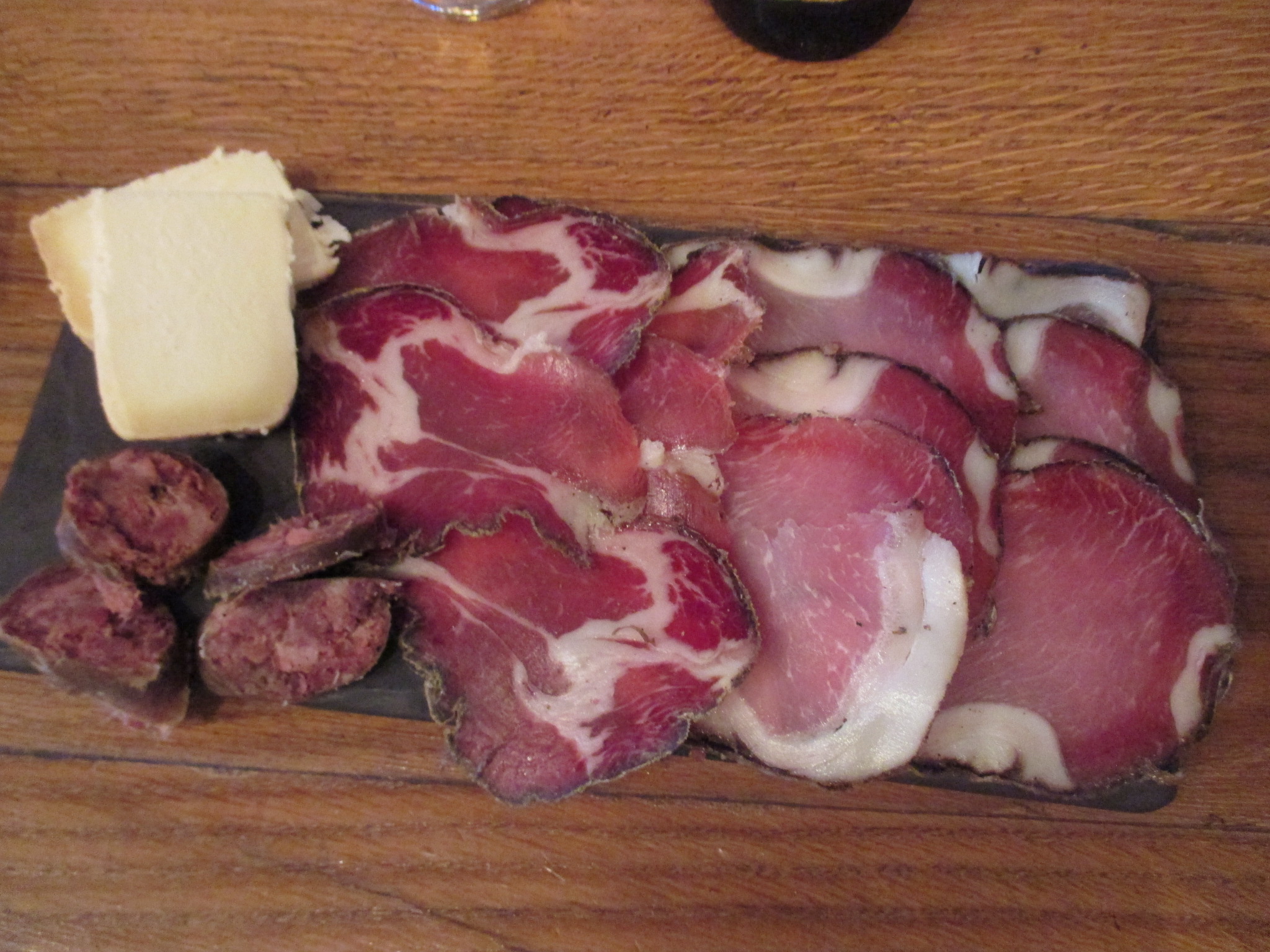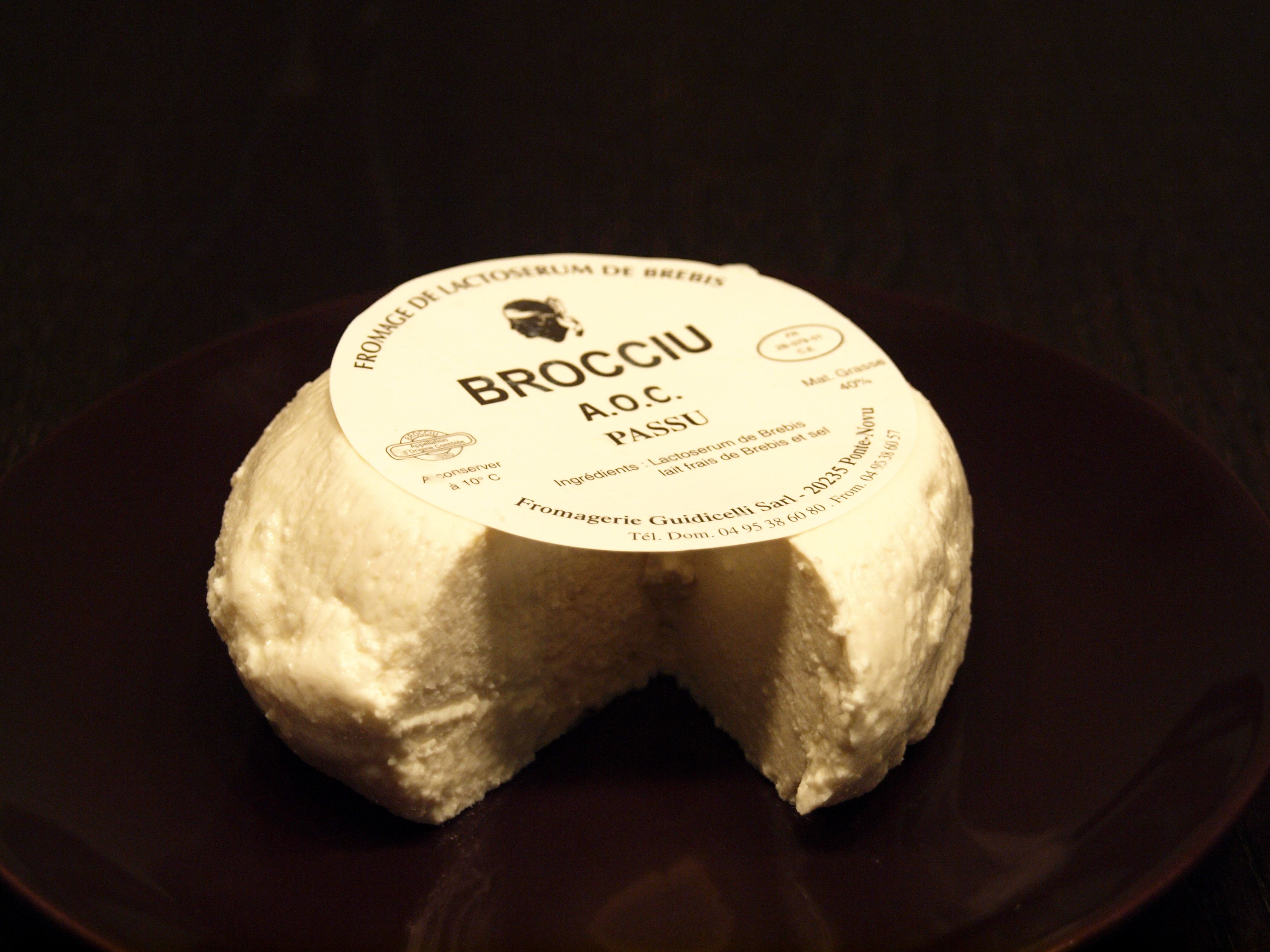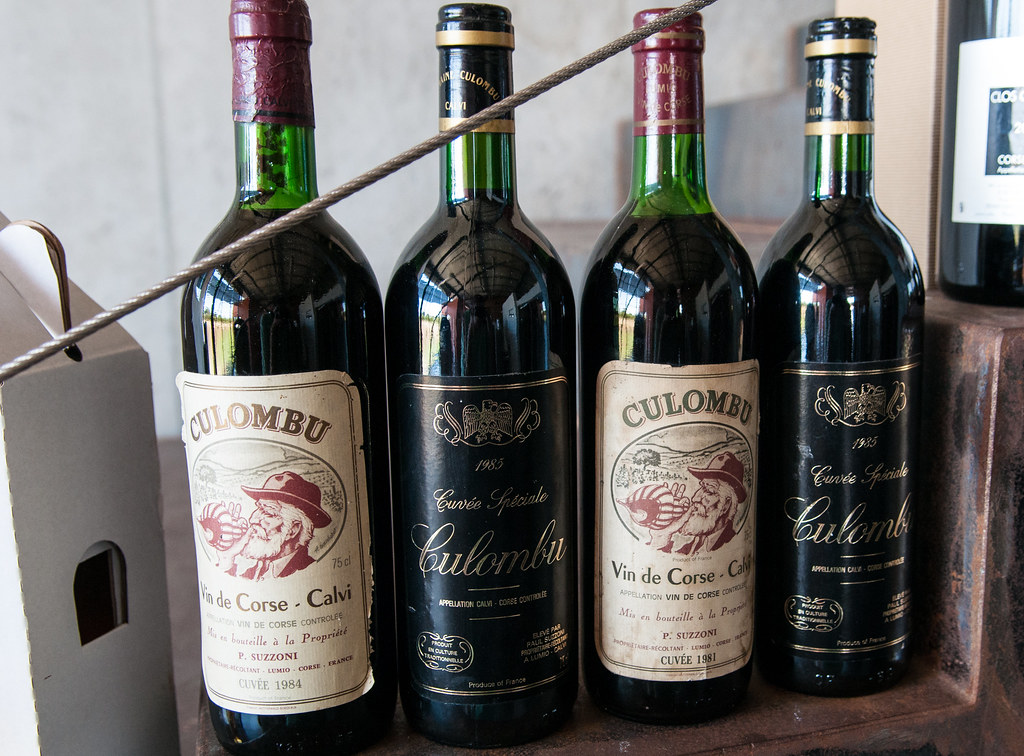Corsica, a land of untamed and preserved landscapes, is also a true paradise for lovers of generous, authentic cuisine. Here, culinary traditions are deeply rooted in a unique terroir where sea and mountains intertwine to offer a symphony of bold, sincere flavors. More than just a meal, the Corsican table is a convivial ritual and a tribute to age-old know-how passed down from one generation to the next.
At the heart of Corsican gastronomy, local products hold a place of honor. The maquis, that dense, aromatic vegetation covering much of the island, provides natural pasture for both wild and domestic animals whose meat is prized for its exceptional quality. One of the island’s most emblematic delicacies is figatellu, a smoked liver sausage typically enjoyed grilled or in hearty soups, paired with seasonal vegetables. Corsican charcuterie is equally celebrated, with prisuttu (dry-cured ham), lonzu (salted and air-dried pork loin), and coppa (dry-cured pork neck) prepared using ancestral methods, enjoyed both as appetizers or main dishes alongside rustic bread and mountain cheese.

Cheese occupies a central place in Corsican culinary identity, often crafted in mountain farms according to artisanal techniques. Brocciu, a fresh cheese made from ewe’s or goat’s milk, is undoubtedly the island’s most iconic dairy product. It features in countless traditional recipes, from savory charcuterie platters to sweet desserts. Not to be missed are fiadone, a light Corsican-style cheesecake delicately flavored with lemon zest, and brocciu fritters — irresistibly airy and tender bites often enjoyed during festive gatherings. Cheese also enriches rustic mountain dishes like traditional Corsican soup or omelets infused with the unmistakable aroma of wild herbs.

Though modest in scale, Corsica’s traditional fishing culture yields an array of fresh seafood. Sea bream, bass, rock lobster, and sea urchins are served in coastal restaurants, where simple, honest preparations showcase the purity of the ingredients. Another essential dish is civet de sanglier, a slow-cooked wild boar stew that exemplifies Corsican hospitality and the richness of its hunting traditions. Usually accompanied by chestnuts or vegetables from the maquis, this hearty specialty is a true embodiment of insular generosity.
The island’s fertile land also produces an abundance of fruits and vegetables grown in ideal conditions. Figs, chestnuts, olives, citrus fruits, and maquis honey appear in everything from sauces and desserts to simple plates celebrating the produce in its purest form. Wild herbs such as rosemary, thyme, myrtle, and juniper subtly enhance the flavors of regional dishes, evoking the intoxicating scents of the Corsican countryside with every bite.
For a fully immersive experience, the local markets of Ajaccio, Bastia, and Corte are a must-visit. Brimming with the colors, aromas, and flavors of the island, these bustling marketplaces invite visitors to sample fresh, seasonal produce, meet passionate artisans, and discover charcuterie, cheeses, jams, and preserves in a warm and authentic atmosphere.
.jpg)
Corsica’s culinary heritage also extends to its vineyards. The island boasts remarkable wines crafted from indigenous grape varieties such as Niellucciu, Sciaccarellu, and Vermentinu. These robust reds, fresh whites, and expressive rosés perfectly complement the island’s cuisine, offering complexity and character in every glass. Not to be missed is the Muscat du Cap Corse, a naturally sweet wine with delicate floral notes, ideal as an aperitif or paired with dessert. Lastly, Corsica’s famed myrtle liqueur, distilled from wild myrtle berries of the maquis, is a cherished digestif, symbolizing local conviviality and hospitality.

In short, Corsican gastronomy is a sensory journey through bold, authentic flavors drawn from an island fiercely proud of its culinary heritage. Whether you’re a lover of rustic mountain fare, fresh seafood, or delicate pastries, Corsica promises to surprise and seduce your palate, offering a gourmet experience as rich and generous as its landscapes.